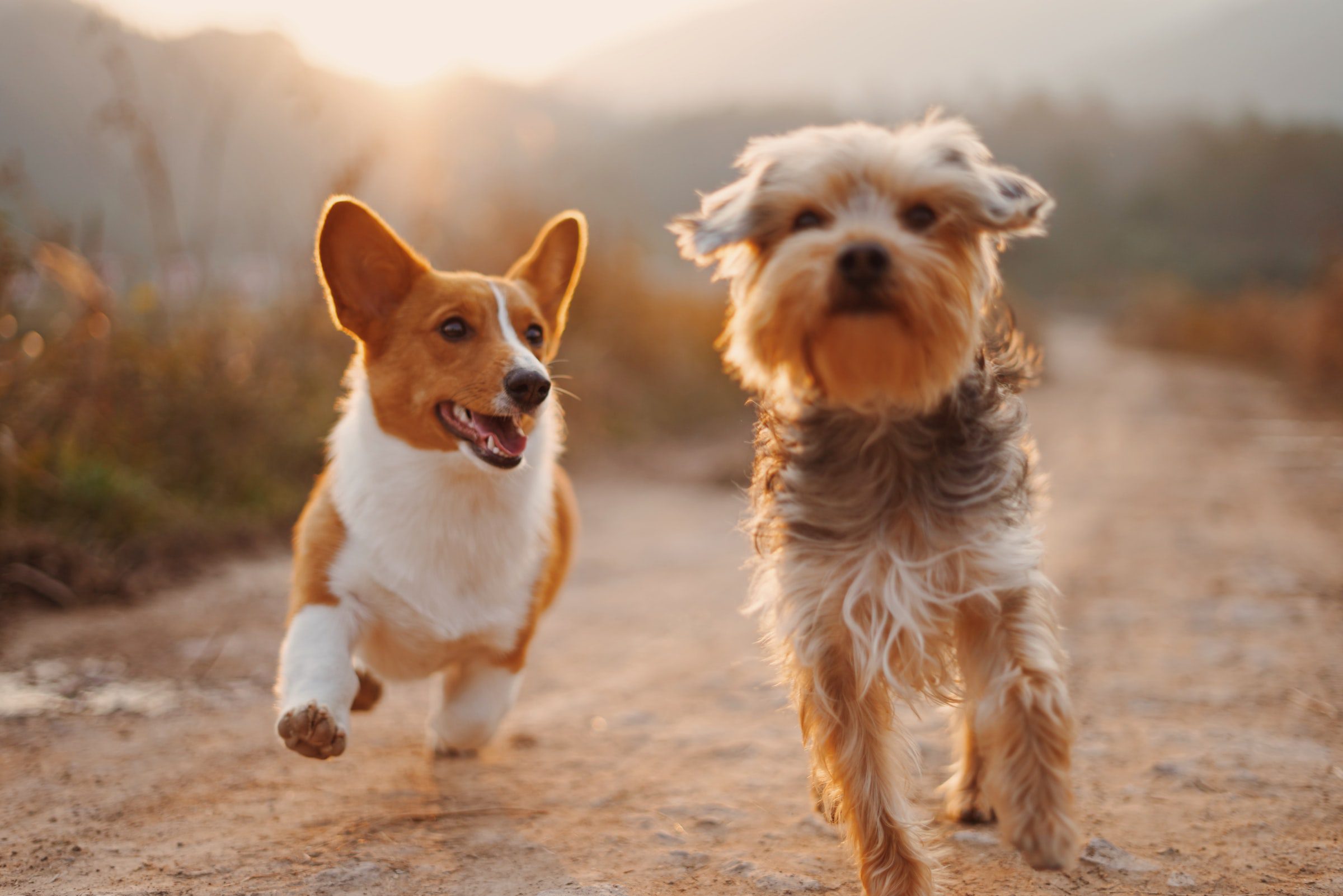We love our furry friends, sometimes more than our human friends. They comfort us, they love us unconditionally, they help keep our beds warm on cold nights, and some even protect us. But after taking a closer look, it’s evident that a man’s best friend is not Mother Nature’s best friend. How could that adorable face and those puppy dog eyes wreak havoc on our planet? We spend so much time doting on our pets that we may have overlooked the negative impact they have on the environment. And it’s not Rover’s fault — it’s ours. So let’s step back and take a closer look at what we are currently doing and what changes we can make to improve Rover’s carbon pawprint.
AVOID HUMAN-GRADE MEATS – In the process of spoiling our pets, some of us have escalated the quality of food they eat. The concern here is that our pets do not need human-grade meats – they are thrilled with the pieces we are too good to eat (did anyone say giblets?)! I’m not suggesting Rover become a vegetarian, but by feeding him high-quality, human-grade meats, you are contributing to meat demand and therefore the negative impact that mass-meat production creates. There are also food companies that are utilizing insects as a high-quality protein source. Some pet food companies have also jumped on this bandwagon. I know my dogs would be on board! In the summer, they eat cicadas like they are gourmet hors d’oeuvres!
CONSIDER TABLE SCRAPS – Until recently, I have been opposed to feeding my dogs table scraps. I was under the impression that the sudden variation in their diets had a negative impact (not to mention I hate it when dogs beg at the dinner table). But food waste is just that – waste. And by giving our pets our leftovers (in moderation), we are eliminating food waste that ends up in the garbage. I recommend mixing these table scraps with their current dog food to help ease any variation in diet. But like any living creature, we need to be sure Rover is getting a healthy, balanced diet. When altering your pet’s foods, be sure to check with your veterinarian for proper guidance. Digestion difficulties can also vary from breed to breed so be sure to do your research.
SPAY/NEUTER YOUR PET – Remember when Bob Barker used to remind us to spay or neuter our pets to help control the pet population? This advice is very relevant when thinking of our planet’s ecology. More pets = more pet food, more pet waste, and more homeless pets. This does not mean that we should eliminate puppies and kittens from the planet; it just means we need to make sure all of the puppies and kittens that are born have good, responsible owners.
DIY PET TOYS – Similarly to the marketing of baby products, the marketing of pet products has gone haywire! I don’t know about you, but my kids often preferred playing with the cardboard boxes a gift came in more than the gift itself. Pets, like humans, can be easily entertained without overindulging in the commercialism of pet products. My cat can spend hours batting at paper wads and my dog loves when I throw an old sock or tennis ball.
Try making your own pet toys! Take some old t-shirts, cut them into long strips, and braid them into a tougher-than-normal chew/tug toy. Attach feathers or bells to a string and create your own feline fishing rod. These ideas are endless as the Internet is full of DIY pet toy ideas.
BIODEGRADABLE POOP BAGS – I recently learned I was committing an eco-crime by using plastic grocery bags to pick up my dog’s poo on our daily strolls. Apparently, I was embalming Rover’s fecal matter for centuries.
We should all try to use BIODEGRADABLE poop bags. But be warned, not all bags marketed as biodegradable are created equal. Be sure to do your research. And read the instructions to be sure you are disposing of your bag properly. Some allow for flushing while others need to be composted to obtain the full benefit.
COMPOSTING PET WASTE – Now that you’ve got your biodegradable poop bags or cat litter, what next? It’s time to create a compost area designated for pet waste. The rules for composting pet waste are slightly different from traditional composting. Composting pet waste should be kept separate from your food compost – which is ideal for nurturing your garden of edibles. While pet waste is nutrient-rich and has many benefits as compost, it should be directed towards non-edibles like trees and shrubs.
Additional eco-friendly pet products to consider:
The Foggy Dog’s Sustainable bedding options:
Whom Home has beautiful and sustainably sourced feeding and bedding products:
Zero waste make your own pupper treats (and no packaging!)
https://trashisfortossers.com/4-ingredient-homemade-zero-waste-dog-treats/
A dog UNBOXING
https://www.pureearthpets.com, and https://wagwellbox.com
Olive Green Dog has a bunch of (or all) sustainable and earth-friendly products: https://olivegreendog.com
Poop bags: These seem to be one of the greenest waste bag options including recycled dispensers, etc.





